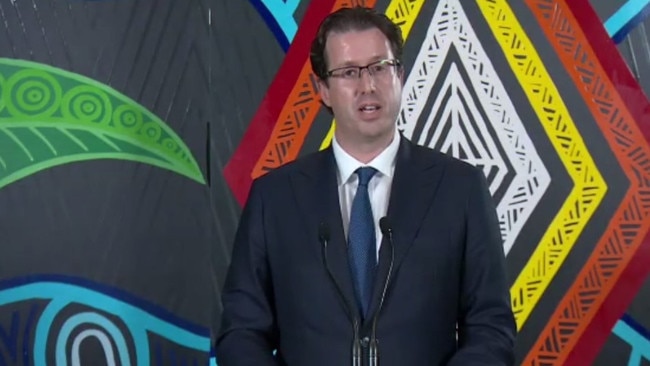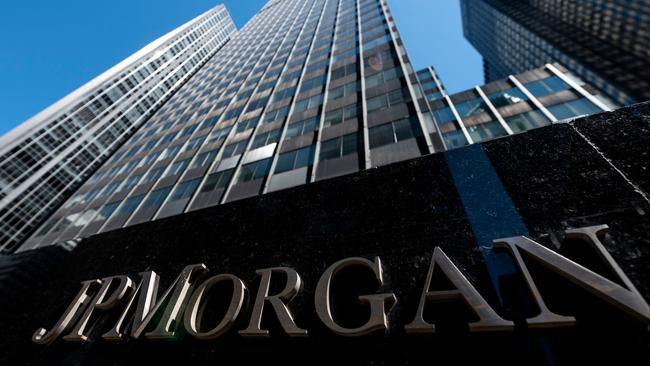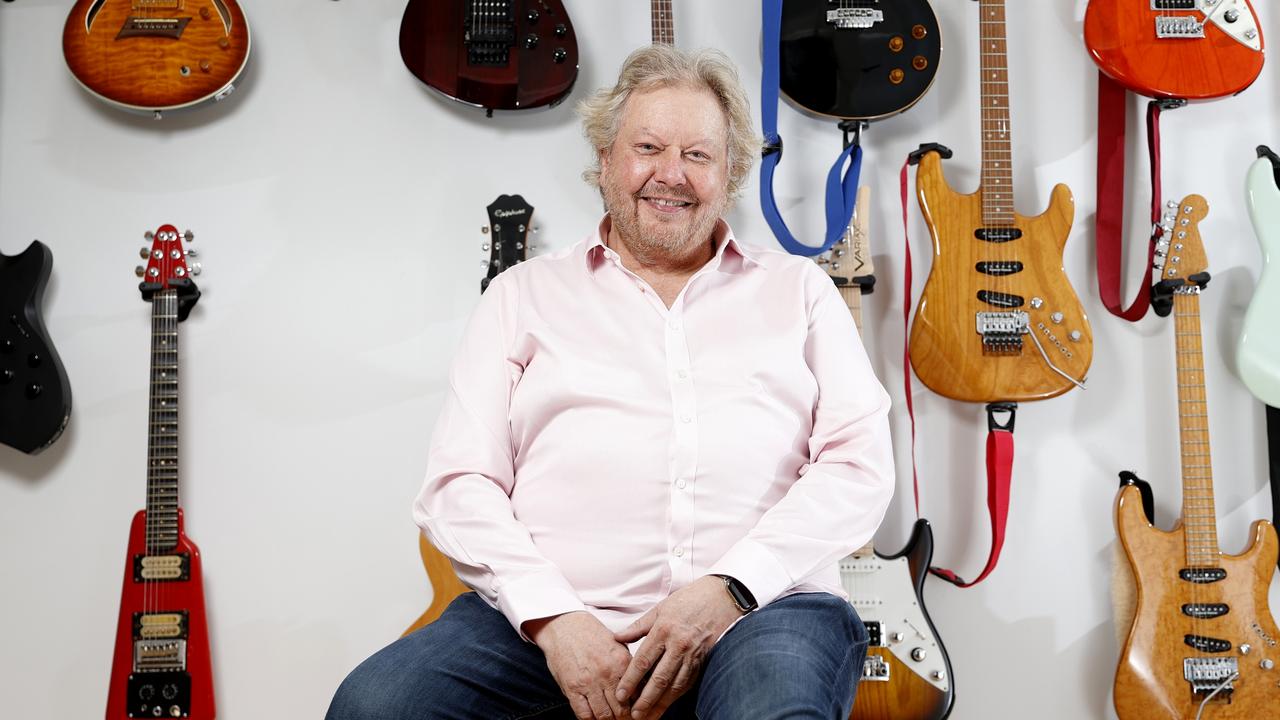Cbus super fund warns climate targets at risk with rise of anti-ESG movement
The construction industry super fund may water down its climate targets and shift how it engages with companies on sustainability due to the strengthening anti-ESG movement.

Business
Don't miss out on the headlines from Business. Followed categories will be added to My News.
Cbus may water down its climate targets and shift how it engages with companies on sustainability due to the anti-ESG movement, the super fund has warned.
The construction industry super fund, which endured a torrid 2024 marred by allegations of governance and administrative failures, is “watching closely” the retreat from climate pledges by US corporates, with the push against ‘‘woke’’ capitalism in turn potentially leading to the fund revisiting its own climate targets and objectives.
“Our targets are very much in the context of real world decarbonisation,” chief investment officer Brett Chatfield told The Australian.
“If the world is not decarbonising at the sort of rates we might expect over time, we may have to revisit whether our objectives are achievable.
“And if we want to alter the way we’re engaging with companies or look at our investment program.”

The anti-ESG movement has steadily grown in recent years and has been fired up by the election of Donald Trump.
The biggest financial institutions in the US, including JPMorgan, Citigroup, Bank of America, Morgan Stanley and Goldman Sachs, all quit the Net Zero Banking Alliance in the weeks between Mr Trump’s election win and his inauguration.
BlackRock, the world’s largest asset manager, withdrew from a similar alliance earlier this month.
The move by US finance giants to pull out of climate agreements preceded Mr Trump signing a raft of executive orders in his first days as US President to roll back Biden-era regulations.
It has also heaped pressure on other regions, with multinationals looking to follow the US lead.
This anti-climate push could potentially mean less pressure on corporates to deliver on climate goals, Mr Chatfield said.
While the fund remains of the view that climate change is “a very significant risk” and there is a need to “eventually” phase out fossil fuels, “clearly there’s a journey to get to that point”, he argued.
“At this stage, we’re retaining our climate process and our climate targets for 2030 and 2050 but it’s obviously something we’re keeping a close eye on,” Mr Chatfield said.
He said the fund’s ESG investment processes were not about any ethical bias but about delivering the best risk-adjusted returns for members.
As Mr Trump and major US financial institutions roll back climate pledges, new mandatory climate reporting rules kicked in for Australia’s biggest companies on January 1.
These new rules initially require large corporates to report their scope 1 and scope 2 emissions, alongside climate risks.
The rules will apply to smaller businesses from 2027.
The Coalition has said it will repeal these rules if it wins the next election, to be held by mid-May this year.
Mr Chatfield said Cbus and its subsidiary, Cbus Property, were currently on track with their climate targets.

The fund’s warning on the ESG shift comes after its property exposures suffered another down year, returning negative 3 per cent for the 12 months through to December 31.
The struggling property sector dragged down the fund’s overall returns, with its default MySuper option returning 10.8 per cent over the calendar year.
Cbus’s overall funds under management hit $100bn by the end of the year.
The industry’s best-performing funds, including two of Colonial First State’s super options, returned 17.5 per cent over the same period.
The median balanced option returned 11 per cent over the year, while growth funds delivered a median 13.4 per cent, according to research house SuperRatings.
Despite the commercial property market’s recent weakness, Mr Chatfield said that the asset class was a sound investment that had driven much of the fund’s long-term returns.
The outlook for interest rates – he expects the Reserve Bank to cut mid-year, with a 50/50 chance of a February move down – along with the return of workers to offices and increased interest in the sector from overseas investors were all good signs for the asset class’s recovery, he said.

The fund’s investment in the property sector had a further benefit of supporting the construction industry, where many of its members worked, Mr Chatfield added.
Cbus came under fire last year for its close links with the Construction, Forestry and Maritime Employees Union (CFMEU), amid allegations that a CFMEU official promised lucrative contracts to corrupt builders on construction projects financed by the super fund.
Mr Chatfield dismissed the allegations, saying he had “the highest confidence” the fund’s investment processes across all asset classes were undertaken “with the highest level of integrity”.
“We look very closely at every new transaction we do,” he said.
“We’ve got an extensive due diligence process undertaken by very experienced investment professionals.
“That’s part of the business-as-usual of any activity we do.”
The fund signed off on 2024 amid further damning allegations concerning its payments to the CFMEU, a 40th birthday bash that cost members $387,000 and excessive delays in paying out death and disability claims to thousands of its members.
As revealed by The Australian in November, the fund gave a grieving father the run-around for a year before paying out his son’s death benefit.
Some members are still waiting for their claims to be paid as the fund works through the backlog, which is understood to now be 90 per cent complete.
Originally published as Cbus super fund warns climate targets at risk with rise of anti-ESG movement




